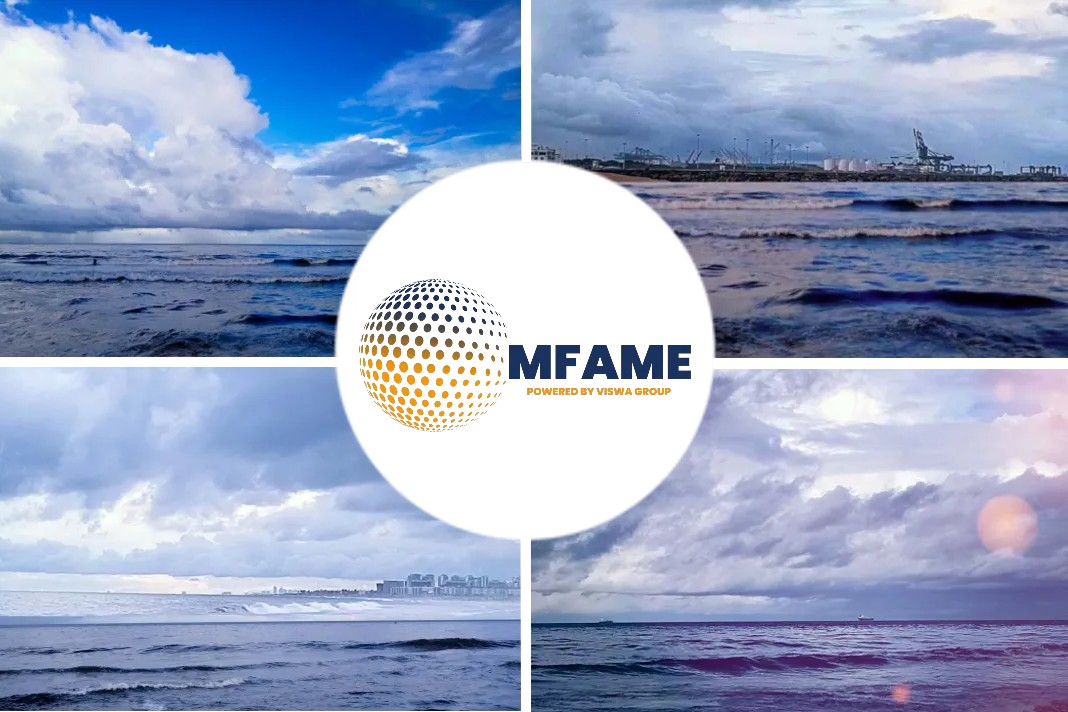
A recent news article published in the Loadstar states that new cargo verification data rules costly and testing for UAE importers.
Importers in the UAE
Importers in the UAE – already squeezed by demand woes — face additional costs and more red tape with customs regulatory changes, which include cargo origin source and declared shipment verification data.
Dubai Customs now requires local importers to secure attestations from the Ministry of Foreign Affairs and International Cooperation for invoices of AED10,000 ($2,722) and above.
This process costs AED150 ($40.84) per invoice, carries a penalty of AED500 per invoice for failure to comply and is due to come into effect on 1 February, applying to all goods imported into the Emirates.
The new rules state: “Declarants must enter the electronic attestation reference number issued for each attested invoice into the customs electronic system for the purpose of organising an import or import for re-export declaration.
“Declarants must finalise the payment of attestation fees within a maximum of 14 days from the date of completing the customs declaration,” it adds.
Currently, importers only need to produce an original invoice, with no attestation requirements.
According to local industry sources, the new regulation is to combat shipping fraud, often reported as cargo value mis-declarations and similar practices.
“This attestation compliance will cause many challenges for importers with large volumes, in addition to the associated financial aspect,” one Dubai-based freight forwarder told The Loadstar. “Moreover, there is currently no clarity on how imports into free trade zones will be dealt with.”
While free-zone imports might receive an exemption, invoices for shipments out of these customs-free locations to the local market must be attested, sources noted.
Two-way trade volumes
Two-way trade volumes between India and the UAE are forecast to grow significantly on the strength of a government-to-government free trade pact, implemented a few months ago, and the new compliance requirement could prove frustrating for Indian industry stakeholders trying to accelerate exports/imports.
Container carriers, including Maersk and ONE, recently introduced new regional connections between India and the Middle East to capitalise on this expectation of trade growth.
Logistics infrastructure investors in the region, particularly DP World, are also increasingly bullish on India’s long-term economic outlook, despite the global headwinds from geopolitical and inflationary factors.
“India’s size, rich demographic proposition and domestic consumption trends have largely insulated it from global shocks,” said Rizwan Soomar, CEO and MD of DP World Subcontinent, in a trade report presented this week at the World Economic Forum in Davos.
“These characteristics, coupled with the country’s focus on enhancing trade efficiencies, have cemented its position as a reliable partner to international businesses looking to diversify their supplier base while maintaining supply chain resilience,” Mr Soomar added.
Did you subscribe to our newsletter?
It’s free! Click here to subscribe!
Source: The Loadstar















